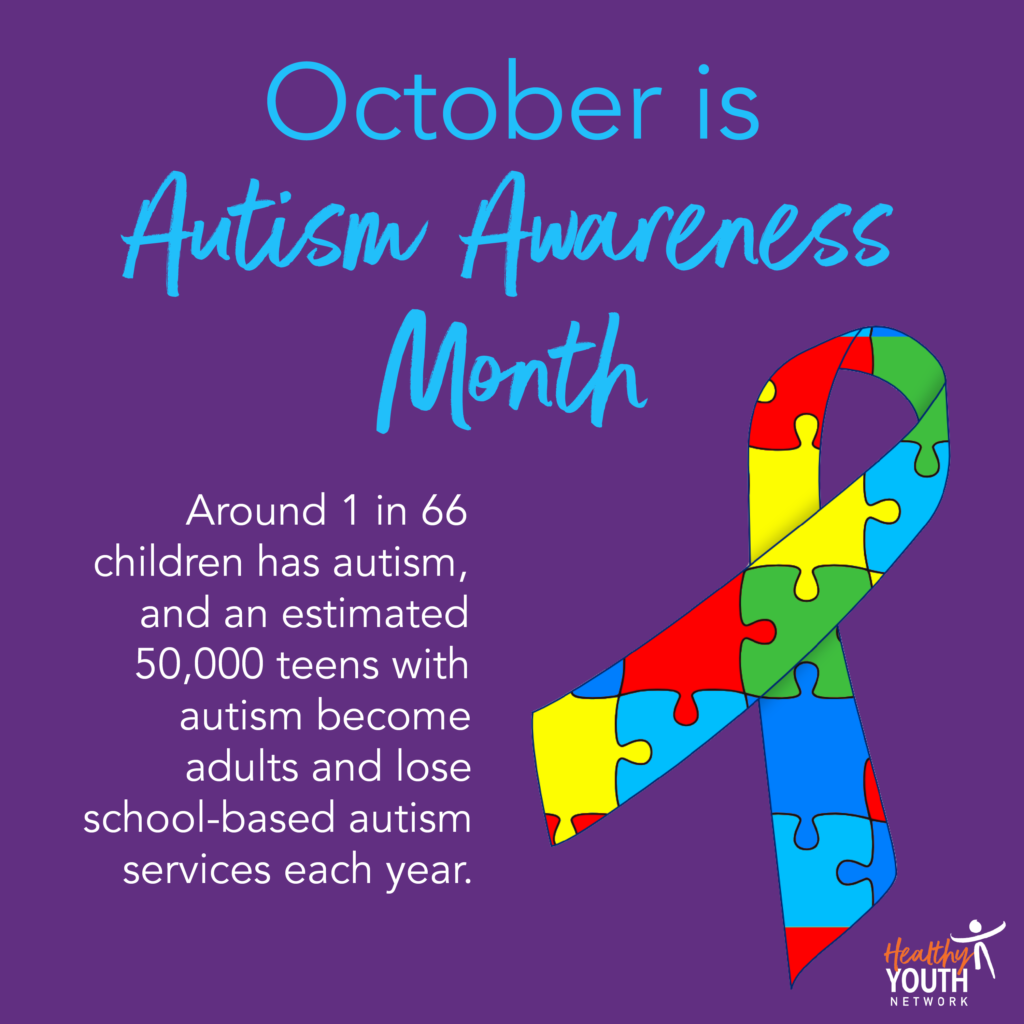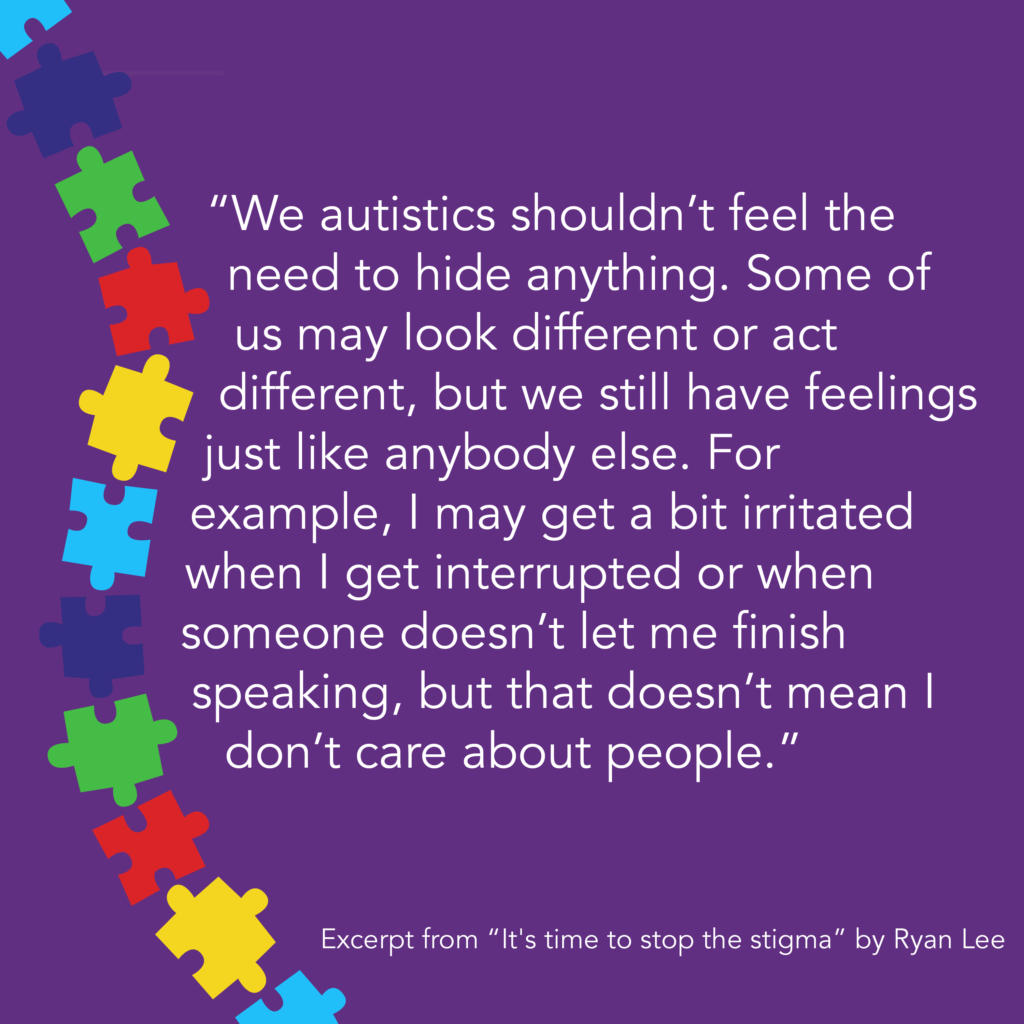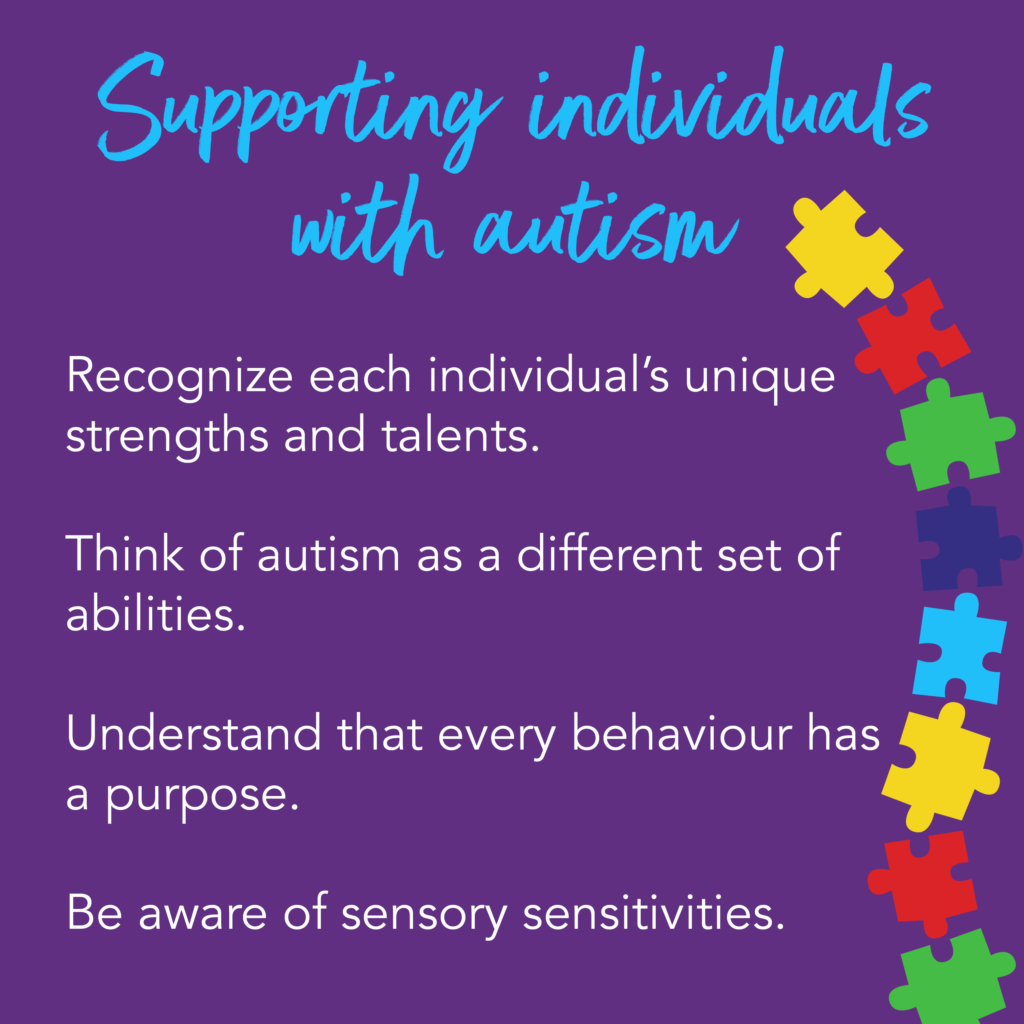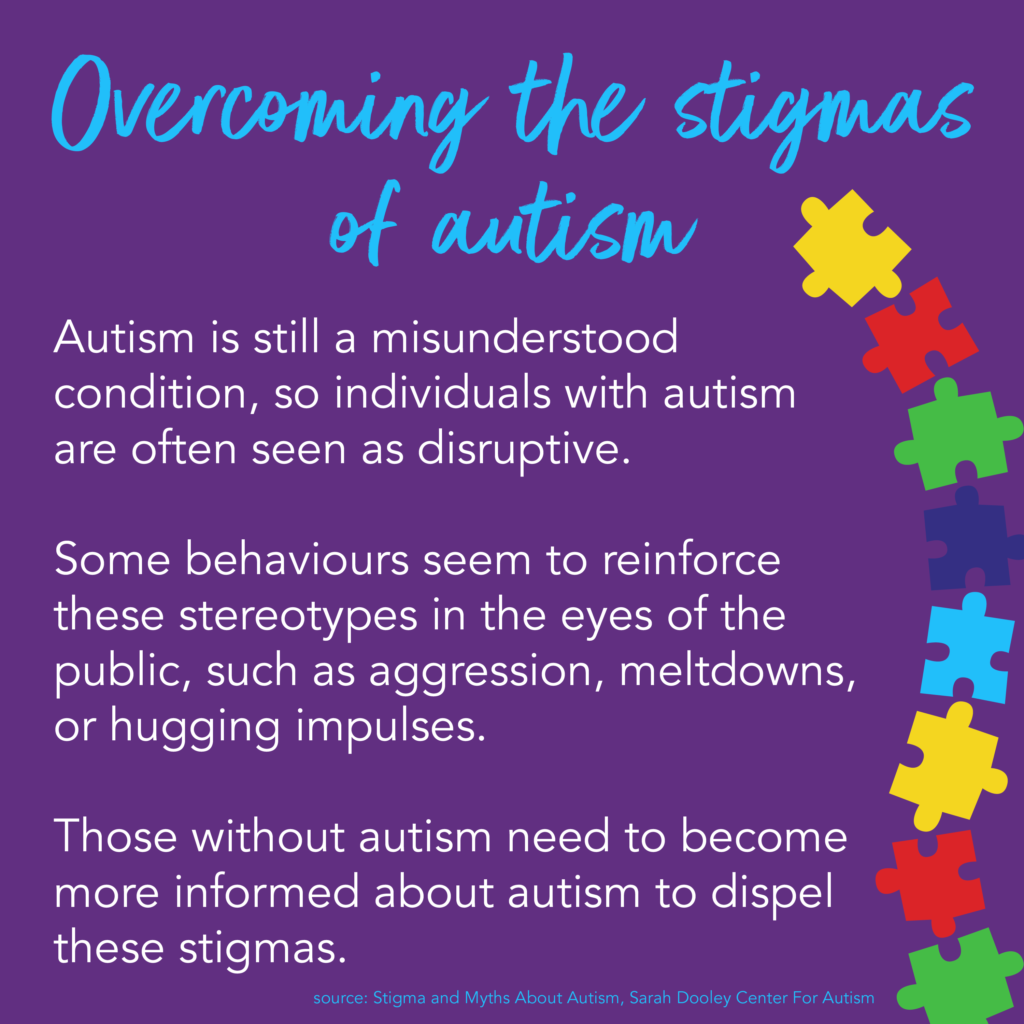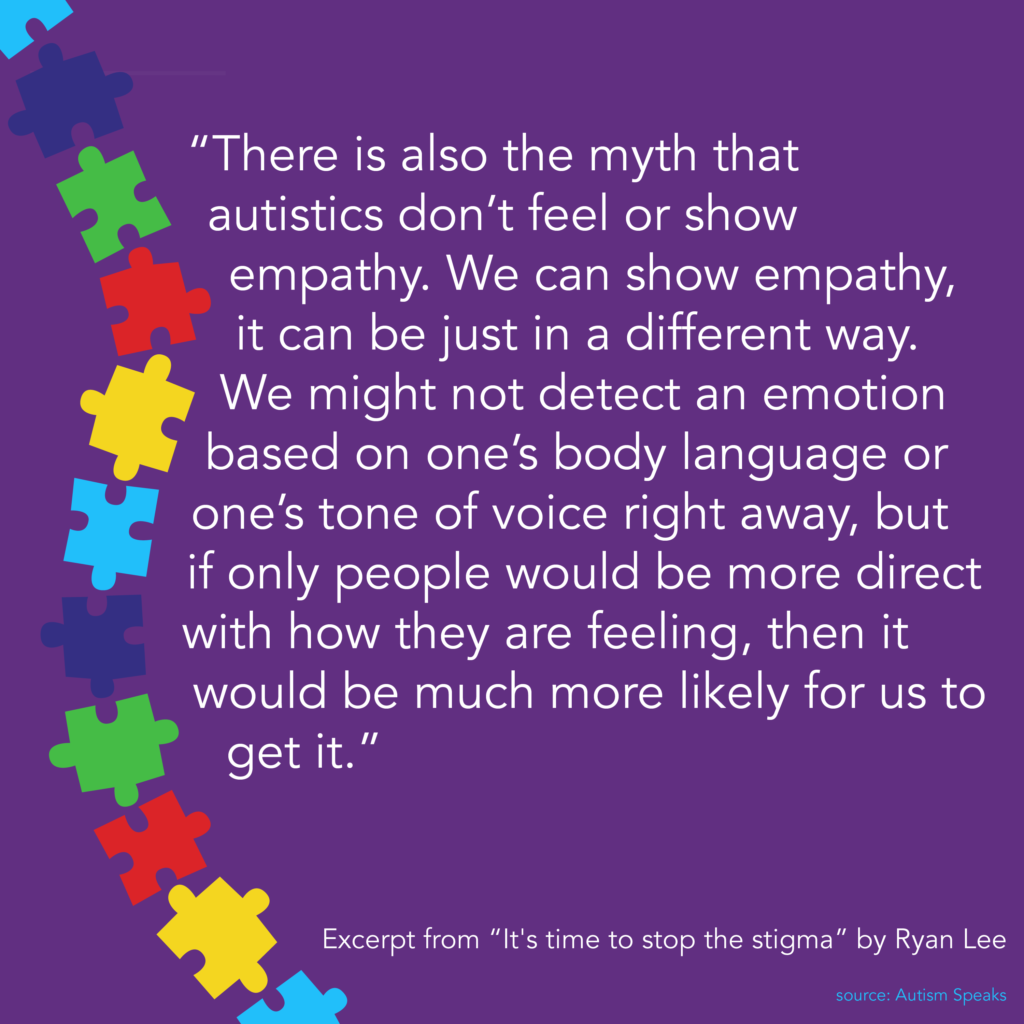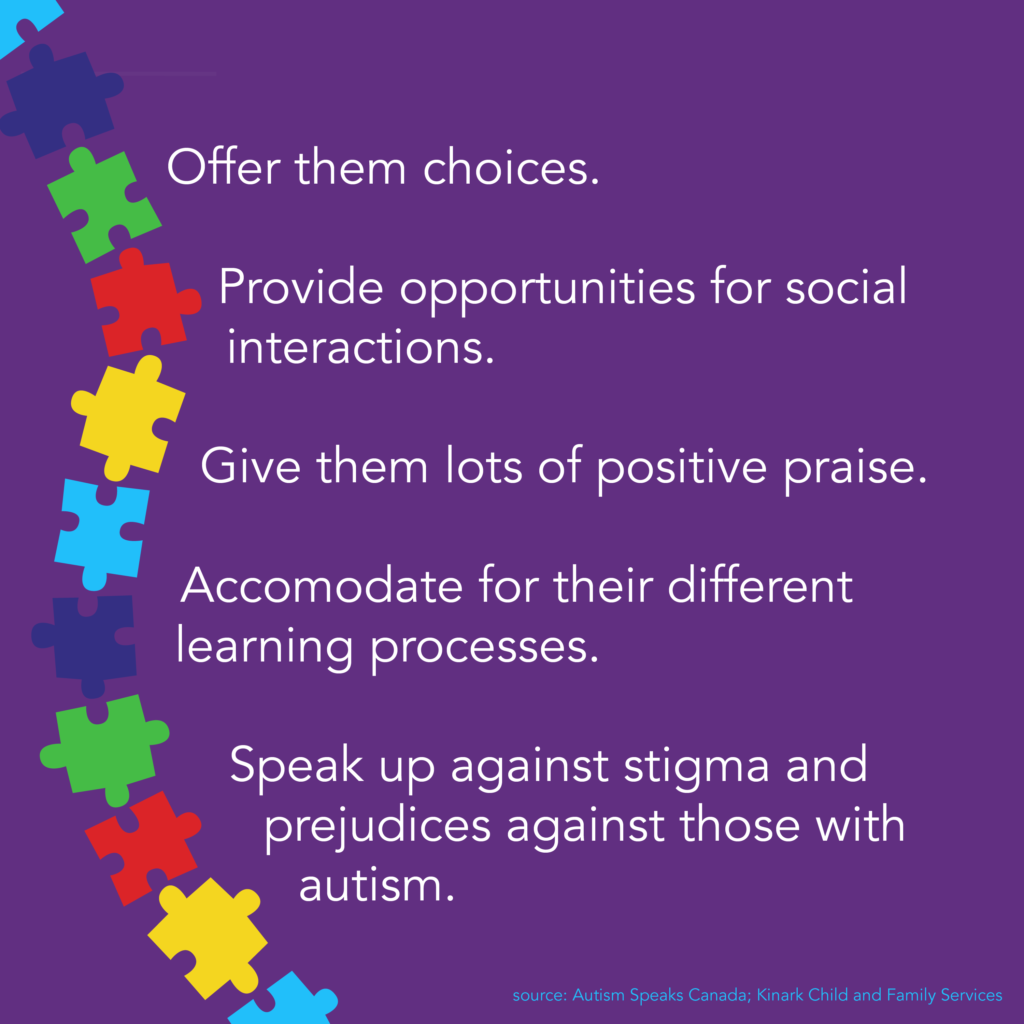Everyone learns and processes information in different ways. If the way you learn is causing you stress, speak about it to a parent, teacher, or another person you trust, and consider seeing a professional. This page is for informational purposes only. It may help you to understand what you are experiencing, but it cannot be used to diagnose. Seeing a professional can help you understand your learning styles or exceptionalities, and help you find ways to adapt to them.
What are considered “exceptionalities”?
In Ontario, students with exceptionalities are classified within five categories:
- Behaviour
- Communication
- Intellectual
- Physical disability
- Multiple – combination of above
Learning Disabilities
“Learning Disabilities” refers to a variety of disorders that affect the acquisition, retention, understanding, organization or use of verbal and/or non-verbal information. These disorders result from impairments in one or more psychological processes related to learning (a), in combination with otherwise average abilities essential for thinking and reasoning. Learning disabilities are specific not global impairments and as such are distinct from intellectual disabilities.
Learning disabilities range in severity and invariably interfere with the acquisition and use of one or more of the following important skills:
- oral language (e.g., listening, speaking, understanding)
- reading (e.g., decoding, comprehension)
- written language (e.g., spelling, written expression)
- mathematics (e.g., computation, problem solving)
Attention Deficit Hyperactivity Disorder (ADHD)
What is ADHD? Attention Deficit Hyperactivity Disorder (ADHD) or Attention Deficit Disorder (ADD) include the following symptoms:
- Memory
- Distractions
- Focus
- Restlessness
- Forgetfulness
- Follow through
- and Organizing
CADDAC is a Canadian national charitable organization dedicated to improving the lives of those with ADHD through ADHD awareness, education and advocacy.
Dyslexia
Dyslexia makes it extremely difficult to read, write, and spell in your native language — despite at least average intelligence.
Dyslexia is not the result of lack of motivation, sensory impairment, inadequate instructional or environmental opportunities, or other limiting conditions, but may occur together with these conditions. Although dyslexia is lifelong, individuals with dyslexia frequently respond successfully to timely and appropriate intervention. – International Dyslexia Association
Developmental Language Disorder (DLD)
Developmental language disorder (DLD) is a problem understanding and/or using language. Reading and writing might be difficult for a person with DLD but the problem is broader than that. From an early age, people with DLD will have difficulty using language when they talk or understanding other people’s talk. DLD is 50 times more prevalent than hearing impairment and five times more prevalent than autism. Children with DLD are considerably slower than other children to develop spoken vocabulary and grammar despite normal intelligence and ample opportunity. DLD is a life-long condition that impairs social and academic functions. Learn more.
Fetal Alcohol Spectrum Disorder (FASD)
Often misdiagnosed, FASD is a brain-based and therefore, invisible injury. While individuals may share common features, every individual is unique with their own strengths and challenges. Learn more at FASD ONE.
Alcohol exposure during pregnancy results in changes to the developing brain. Often, these changes are not detected until a child reaches early or middle school-age when difficulties at school and at home become increasingly problematic.
- 60% Percentage of people with FASD over 12 years old will have been charged with, or convicted of, a crime.
- 55% Percentage of people with Alcohol-related Neurodevelopmental Disorder (ARND) will be confined in prison, drug/alcohol treatment centres, or psychiatric institutions.
These challenges can include:
- problems in social communication and attention
- motor and sensory problems
- memory, and difficulty learning from consequences
- depression, anxiety, and other mental health conditions.
Problems caused by prenatal alcohol exposure may not be noticed until children are in school or until the teenage years because this is when those impacted by FASD often have significant difficulty meeting societal expectations. Learn more at CanFASD.
Autism Spectrum Disorder (ASD)
ASD is a neurological disorder that affects how the brain functions. The exact cause of ASD is not known.
The way ASD affects an individual can vary a lot from person to person. It depends on how many symptoms a person experiences and how severe each symptom is.
A person with ASD may find it hard to connect with other people. They may:
- have difficulty communicating
- have difficulty with social situations
- repeat certain patterns of behaviour
- show interest in a limited number of activities and interests
These behaviours can happen at school, home or work. Having ASD can greatly affect everyday activities.
Because no one person with ASD is the same, treatments and therapies are based on each person’s needs.
Source: canada.ca
Getting Help
You are never alone! There are thousands of resources, support groups, websites, etc. that can help both you and your parent/caregiver as you navigate this path. Reach out and use that support, being alone will only make the situation worse.
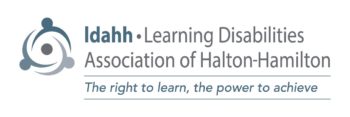
Learning Disabilities Association of Halton-Hamilton provides information, services and programs to support the needs of individuals who are impacted by a Learning Disability.
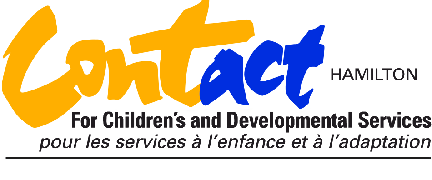
Contact Hamilton can help children, youth, and families find out about supports and resources that are available. They provide information, consultation, intake, and referral to services on behalf of children and youth that may be presenting with mental health, developmental, FASD, autism, and/or complex needs.
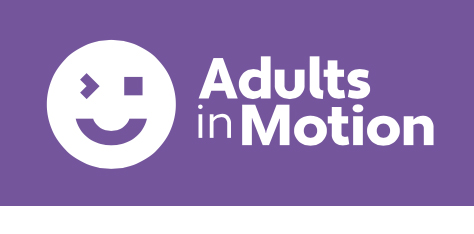
Adults in Motion provides day programs for adults with developmental disabilities. Workshops in Kitchener/Waterloo, Hamilton, Cambridge and Oakville
If you’re a student you can still attend Adults In Motion’s day programs during school holidays, including PD days! You could also be eligible for a special placement through your school and become a day program participant!

Woodview Learning Centre offers a Secondary alternative skills program as an alternative to traditional high school.

